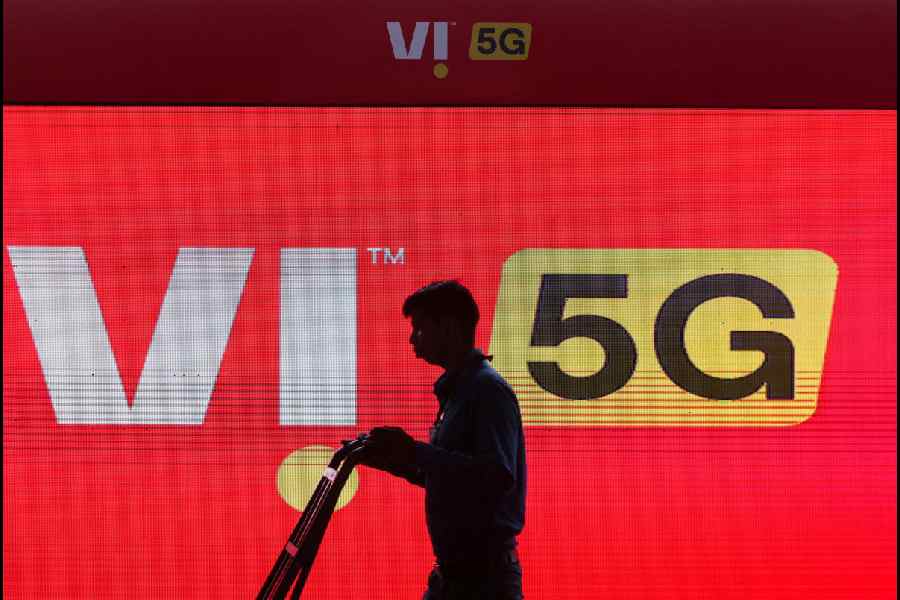
Vodafone Idea board approves Rs 20000 crore fund raise after ...
- 01.06.2025 03:26
- telegraphindia.com
- Keywords: Telecom, 5G, Expansion, Revenue Growth, Debt Financing
Vodafone Idea’s board has approved a ₹20,000 crore fund raise to expand its network and roll out 5G services in more cities. The decision comes after the company saw narrowed losses, marking a turnaround quarter with improved business metrics. Vodafone Idea is exploring both equity and debt financing options to support its long-term capital expenditure plan.